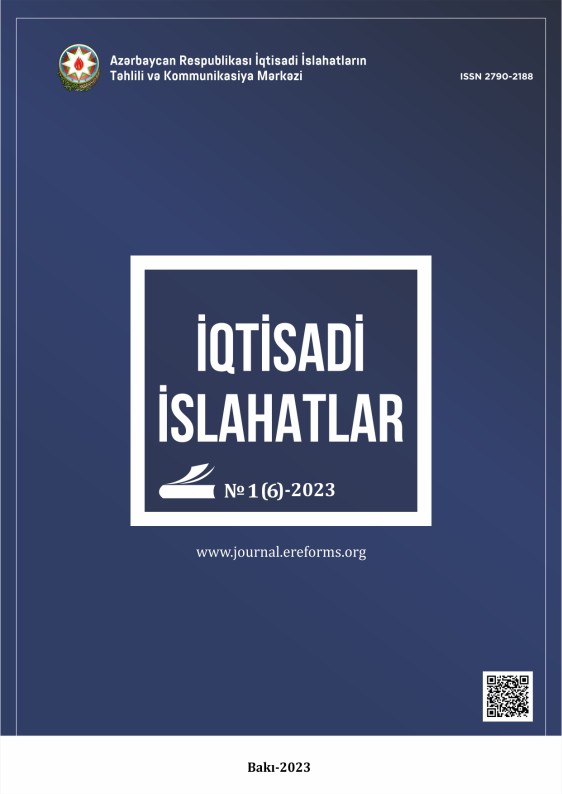The impact of budget expenditure on the development of the manufacturing industry in Azerbaijan
Summary
In the economic literature, there are different opinions about the ability of the state to create a "big push" for economic development. This issue is particularly relevant for those developing countries that are rich in natural resources and whose economic institutions are in the process of formation. The purpose of this article is to explore the links between public spending (investment and education) and growth in the manufacturing sector in Azerbaijan. The study, covering 2005-2021, analyzed the dynamics of indicators. The least squares method is used to assess the dependence of growth in the manufacturing sector on budget spending for investment and education. The results revealed that the impact of budget spending on investment and education on economic growth in the manufacturing sector is very weak. At the same time, the growth of investment and educational spending by the state supports relatively well the growth of those sectors of the economy that specialize in the production of non-tradable goods (trade and repair, construction, transport, communications, etc.). Identifying the reasons for this situation requires research into the quality of regulation, the level of information asymmetry between regulators and the private sector, problems of resource availability, and lack of entrepreneurial motivation in the manufacturing sector.
